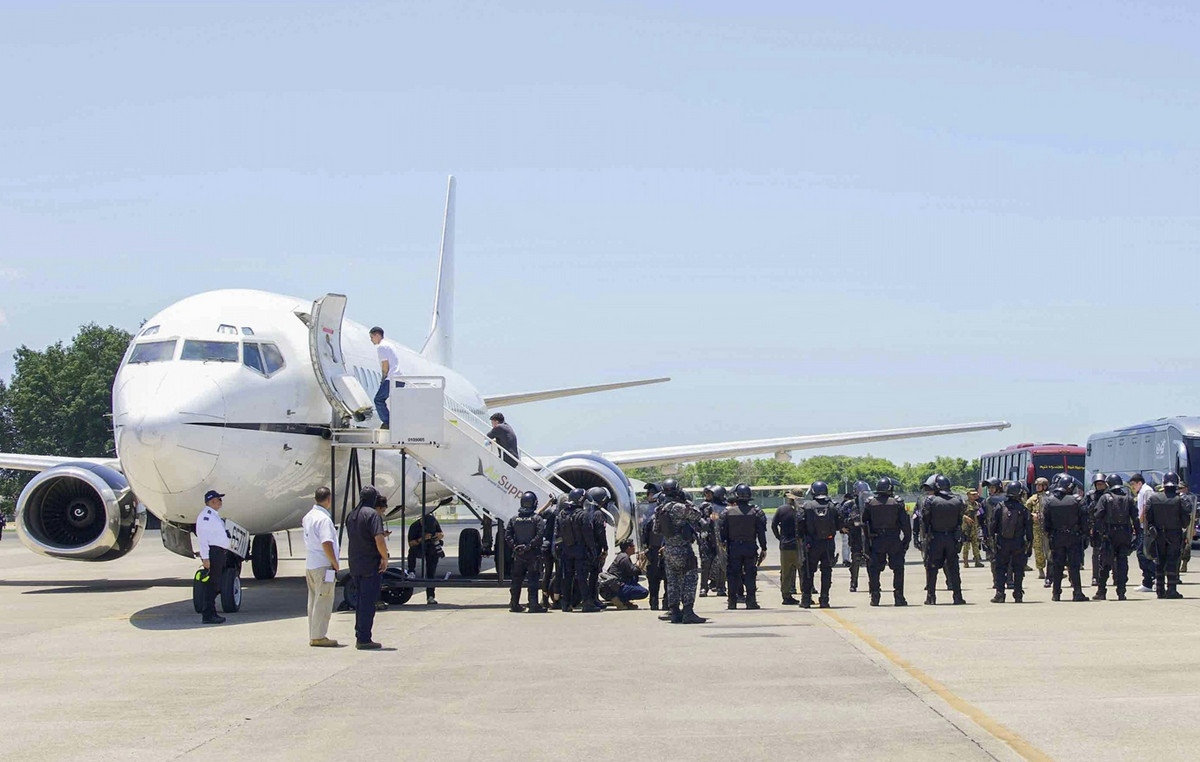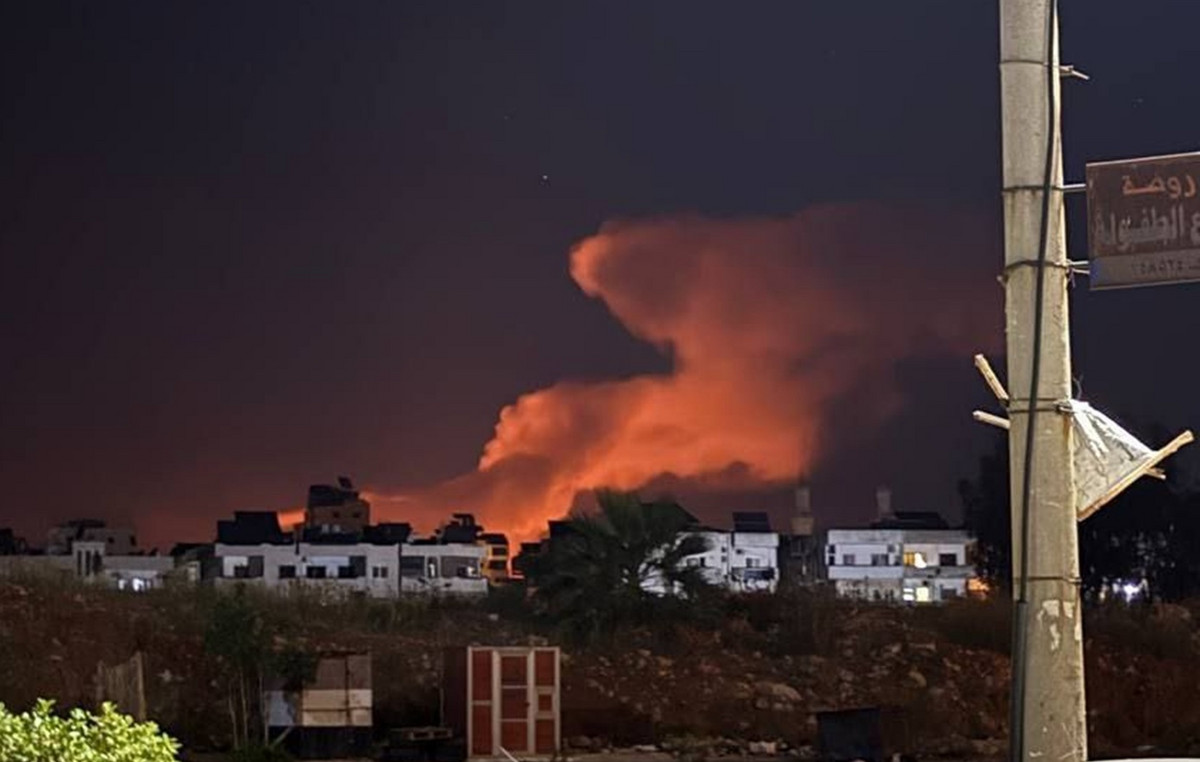Accidents are not normally a way to escalate major wars. But with the threat of a gigantic escalation looming heavily over Russia’s invasion of Ukraine since its inception, Tuesday’s missile crash in Poland brought that possibility to the fore.
Apparently the explosion was not an act by Russia, deliberate or otherwise, but rather a Ukrainian attempt to intercept a Russian missile that had gone astray. Ultimately, however, this is possibly a dire side effect of Ukraine’s attitude of having to fend off endless waves of Russian missile strikes on its people and its civilian infrastructure.
Poland no longer considers asking for the invocation of Article 4 of the North Atlantic Treaty Organization (NATO), with which it could trigger new consultations on how to defend itself. The question now is where NATO stands and its role as the main supporter and financier of Ukraine’s tough and bloody defense of its territory against Russian aggression after this brief moment of panic.
The fact that Polish President Andrzej Duda said the act was “probably an accident” of Ukraine’s air defenses reduces the likelihood of an immediate NATO response. The wreckage could help prove that the missile came from an S-300 air defense system made by Russia and operated by Ukraine. Ultimately, finding out that this incident was an accident is the best outcome for all parties. The outcome also provides the possibility for NATO to bolster Ukraine’s air defenses, perhaps with systems it might not accidentally target in its member states.
Above all, the timing would have been unlikely for Russia to attempt to escalate into all-out conflict with NATO, the largest military alliance in human history.
Russia has been racking up defeats against Ukraine’s smaller but better organized armed forces on several front lines. She is voluntarily withdrawing from zones that falsely declared themselves to be part of Russian territory.
It’s forcibly sending prisoners and conscripts to the front lines and digging up old, rudimentary trenches ahead of a likely hard winter. In short, Russia is in a terrible position. Yes, a random attack on Poland would have distracted the people from the Russian defeat brought about by its collapse in the key city of Kherson. But it would be a devastatingly short-sighted move, likely to result in the further degradation of Russia’s armed forces in confrontation with NATO.
We are still on dangerous ground, with NATO in close proximity to participating in Europe’s biggest land war since the 1940s. Many things can go wrong, and the laws of physics suggest that eventually they will.
Poland will probably have to respond to this incident by increasing its air defenses. Germany has already offered to help patrol its airspace. The deterrent forces are powerful and Russia is perfectly aware of them. But more planes and more air defense missiles in this feverish area only increase the chances that more accidents could happen. Russian-backed separatists shot down Malaysia Airlines civilian flight MH17 in 2014 in an apparent mistake, but that did not make the loss of life pleasant or soften the Western response.
The Russian government is also in a bad place strategically. This may make you more inclined towards prudent actions, but at the same time it reduces the public space to de-escalate the conflict, such as apologizing or accepting a mistake if it occurs.
Russian President Vladimir Putin spent Wednesday busy discussing the country’s auto industry and avoiding a public explanation of Kherson’s withdrawal. Which doesn’t mean he isn’t feeling the pressure. With radicals questioning his conduct over his chosen disastrous war, Putin has little room internally to back down from a NATO confrontation should another mistake or incident spark one. Russian state rhetoric already frames this struggle as Moscow’s against the entire NATO alliance. It’s harder to walk back from a fight you claim you’re already in.
So the explosion in Poland is yet another sign of the slow escalation of the war. The small, icy moves (the threats to Ukraine’s nuclear power stations, the explosion of the Nord Stream gas pipeline, an explosion that fatally damaged a Polish cereal factory) erode the sense of what is impossible, and generate a new set of norms. They make the clock tick even louder when it comes to the timeline of this war and how much longer Ukraine’s supporters can endure the conflict.
It is evident that the Russian government is willing to put up with enormous amounts of pain, defeat and shame before putting an end to the disastrous campaign. This pushes the timing of your defeat or retreat even further away and opens up a longer time frame where more military equipment in dangerous and violent locations can result in more mistakes.
Source: CNN Brasil
Bruce Belcher is a seasoned author with over 5 years of experience in world news. He writes for online news websites and provides in-depth analysis on the world stock market. Bruce is known for his insightful perspectives and commitment to keeping the public informed.







